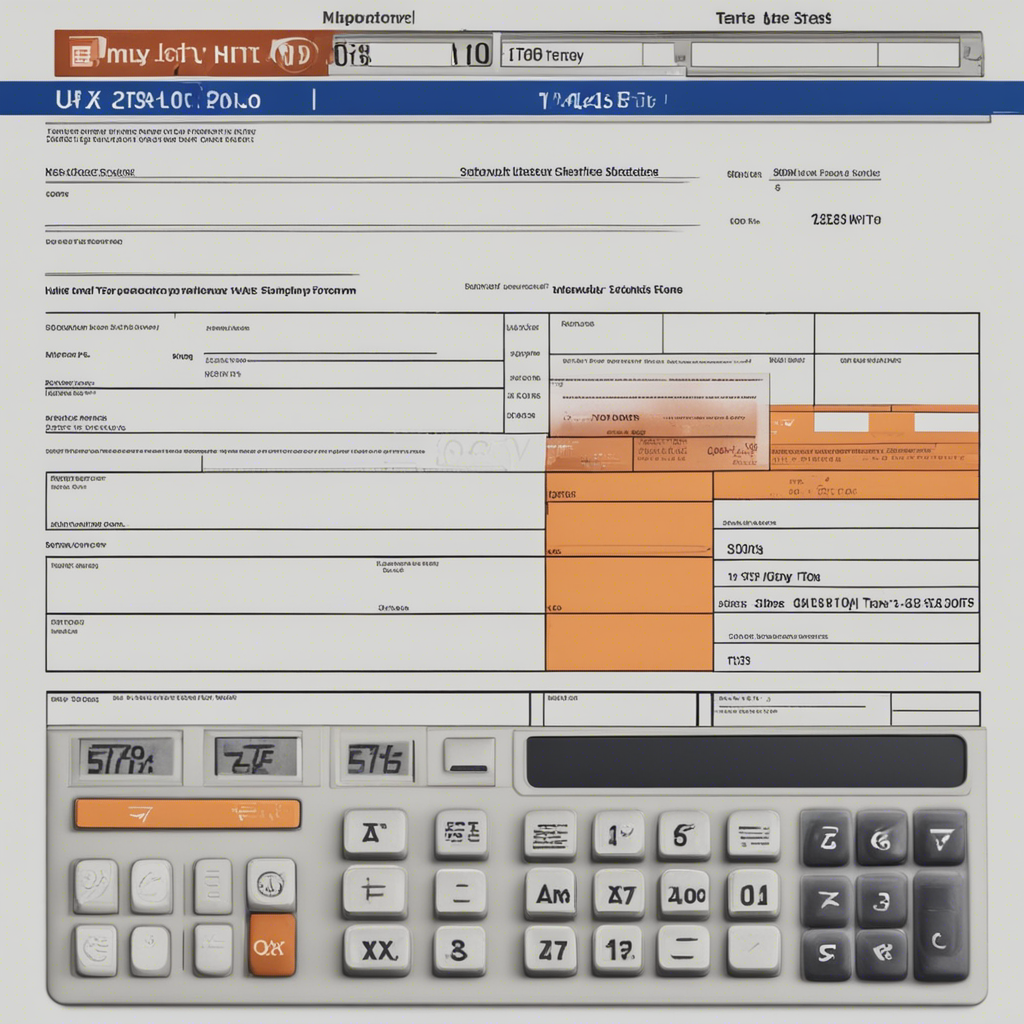
Achieving Financial Independence: A Comprehensive Guide
Welcome to another insightful blog post where we delve deep into the topic of financial independence. In this comprehensive guide, we will explore what financial independence means, its benefits, practical steps to achieve it, and how to sustain it over the long term.
Understanding Financial Independence
Financial independence refers to the state of being able to cover all your expenses and meet your financial goals without relying on others, such as an employer or family members. It provides individuals with the freedom to make choices based on their personal preferences and priorities, rather than being bound by financial constraints.
There are several key aspects to consider when discussing financial independence:
-
Savings and Investments: Building a sizable savings account and making wise investments is essential towards achieving financial independence. These assets generate income that can sustain one’s lifestyle without relying on a traditional job.
-
Debt Management: Minimizing and effectively managing debt is crucial for financial independence. High-interest debts, such as credit card debt and mortgage loans, can drain your financial resources and limit your ability to achieve lasting independence.
-
Passive Income: Creating passive income streams is a fundamental aspect of financial independence. Passive income refers to money earned with minimal effort or active involvement. Rental properties, dividends from stocks, or royalties from intellectual property are common examples of passive income sources.
Benefits of Financial Independence
Financial independence offers various advantages that can significantly enhance an individual’s quality of life:
-
Flexibility and Freedom: Achieving financial independence provides the freedom to pursue personal interests, hobbies, and passions without the constraints of a traditional job. It enables individuals to devote time and resources to things they truly enjoy.
-
Reduced Stress: Being financially independent can significantly reduce stress levels. Without the constant worry about meeting expenses and paying off debts, individuals can focus on personal growth, well-being, and relationships.
-
Security and Peace of Mind: Financial independence provides a safety net in times of unexpected financial emergencies or the loss of a job. It enables individuals to feel secure and empowered to handle any financial situation that may arise.
Practical Steps to Achieve Financial Independence
While financial independence may seem like an ambitious goal, taking small, actionable steps can set you on the right path. Consider the following steps:
-
Define Your Goals: Clearly define your financial goals and objectives. Determine the level of financial independence you wish to achieve and develop a realistic timeline.
-
Budgeting and Expense Tracking: Establish a budget that aligns with your goals. Track your expenses diligently to identify areas where you can cut back and save more.
-
Emergency Fund: Build an emergency fund to cover unexpected expenses, such as medical bills or car repairs. Aim to have at least three to six months’ worth of living expenses saved in a liquid account.
-
Invest Wisely: Educate yourself on prudent investment strategies. Diversify your investments across various asset classes, such as stocks, bonds, real estate, and mutual funds, to reduce risk.
-
Debt Elimination: Prioritize paying off high-interest debts first. Utilize strategies such as the debt snowball or debt avalanche to accelerate your debt paydown journey.
-
Increase Income: Explore opportunities to increase your income, such as seeking a promotion at your current job, starting a side business, or investing in income-generating assets.
-
Continual Learning and Personal Growth: Embrace lifelong learning and continually improve your financial literacy. This will empower you to make informed decisions and adapt to changing market conditions.
Sustaining Financial Independence Over the Long Term
Achieving financial independence is not a one-time event; it requires ongoing effort and diligence. Here are some tips to help sustain financial independence:
-
Regular Assessment and Adjustment: Regularly review your financial situation and assess whether you are on track to meet your goals. Adjust your strategies as needed to adapt to changing circumstances and market conditions.
-
Stay Disciplined: Maintain discipline in your spending habits and avoid unnecessary expenses. Stick to your budget and investment plan to ensure long-term financial stability.
-
Risk Management: Evaluate and manage the risks associated with your investments. Diversify your portfolio and periodically rebalance it to maintain an appropriate asset allocation.
-
Keep Learning and Adapting: Stay informed about financial best practices and emerging trends. Continually expand your financial knowledge to optimize your investment decisions.
-
Seek Professional Advice: Consider consulting with a certified financial planner or advisor to ensure you are making informed choices aligned with your goals.
Financial independence is an achievable goal for anyone willing to put in the effort and follow sound financial strategies. By adhering to the steps outlined in this guide and continuously working towards your goals, you can set yourself on the path to a fulfilling and financially secure future.
Remember, achieving financial independence is a long-term endeavor that requires patience, discipline, and adaptability. Start taking action today, and watch as your financial freedom unfolds.
Disclaimer: This blog post provides general information and should not be considered financial advice. Please consult with a professional financial advisor or planner before making any financial decisions.
References:
-
Bogle, J. C. (2007). The Little Book of Common Sense Investing. Wiley.
-
Orman, S. (2005). The Money Book for the Young, Fabulous & Broke. Riverhead Books.
-
Ramsey, D. (2011). The Total Money Makeover: A Proven Plan for Financial Fitness. Thomas Nelson.






